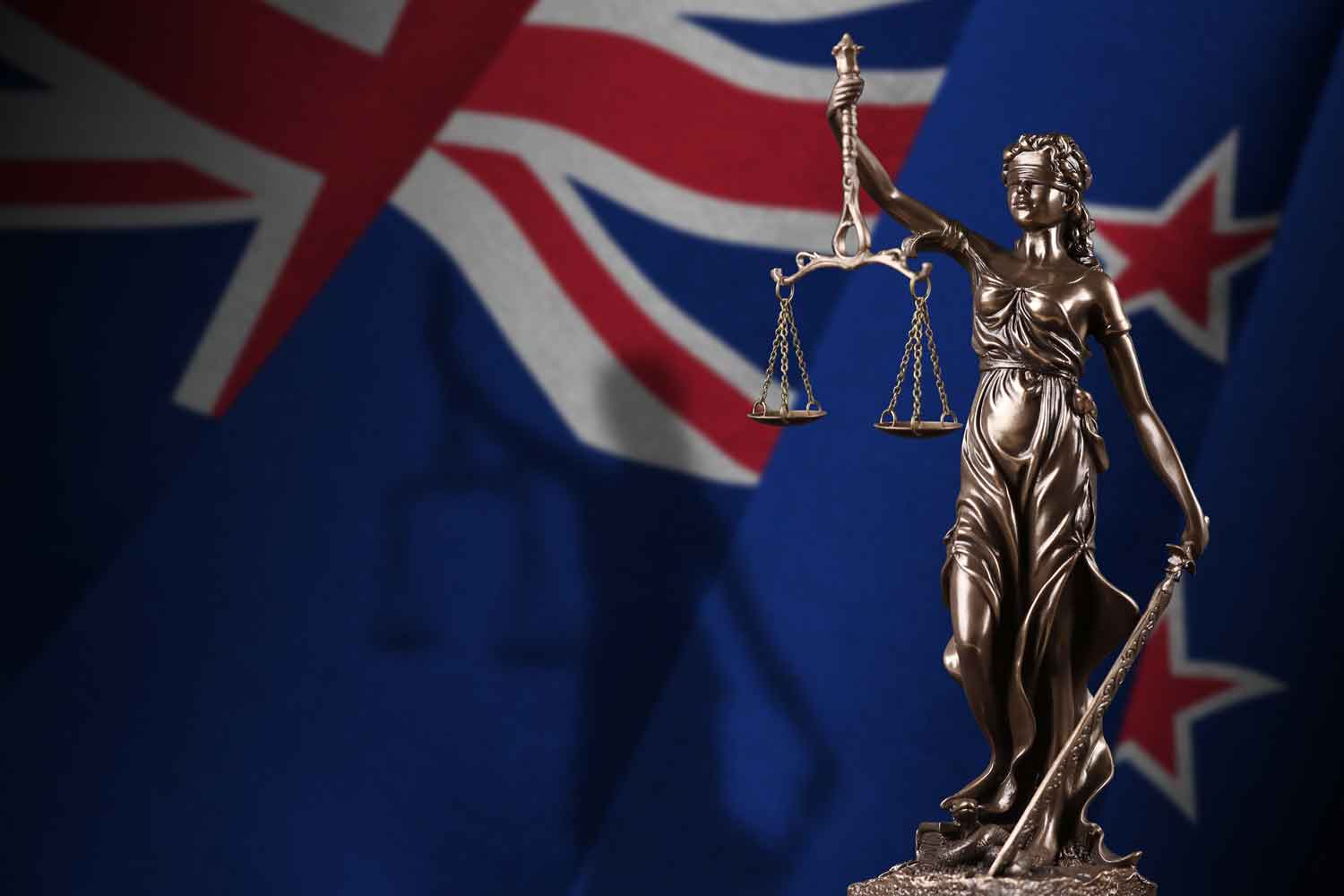Three weeks in advance of the second step, Health New Zealand and the Ministry of Health sent reminders to nicotine retailers warning them that the next step of significant enforcement changes will begin June 17, with no grace period, and with stronger penalties attached. The June changes include a complete ban on disposable vapes, visibility restrictions on vapes for retailers, and increased restrictions on advertising. They build on those established in December that centered around significant fine increases for sales to under-18s, and proximity restrictions relating to early childhood education centers.
Director of Public Health Dr. Corina Grey says these changes bring vaping regulations more in line with restrictions on tobacco products. Retailers with stores will no longer be able to promote vaping products, and those online will no longer be able to display images of their products or link to sites with non-compliant pages, including links to sites outside of New Zealand.







